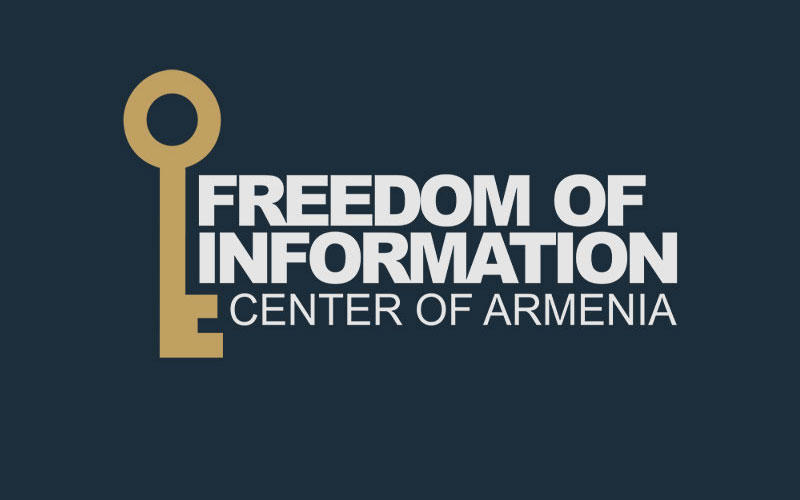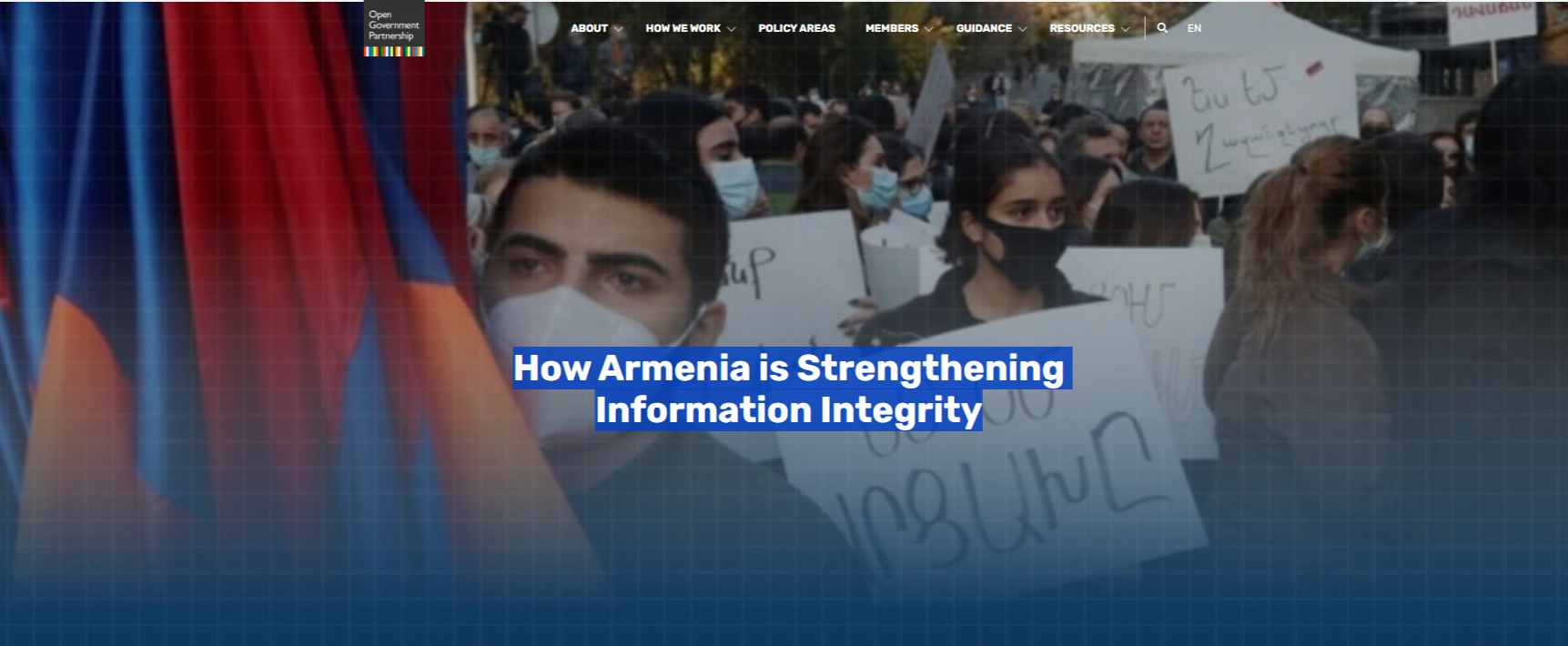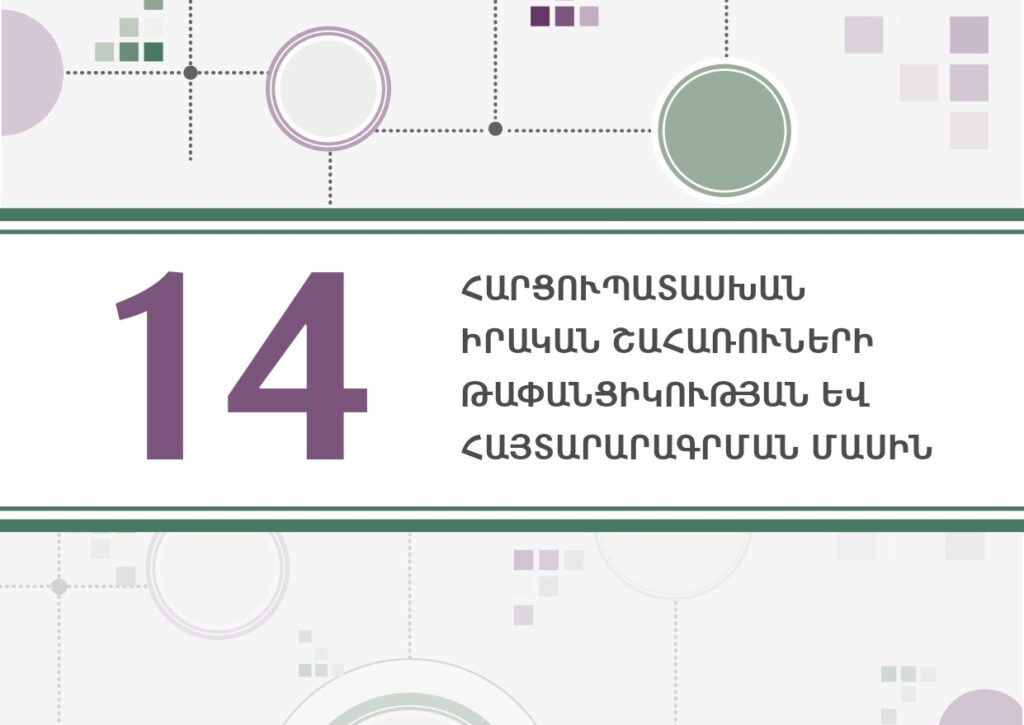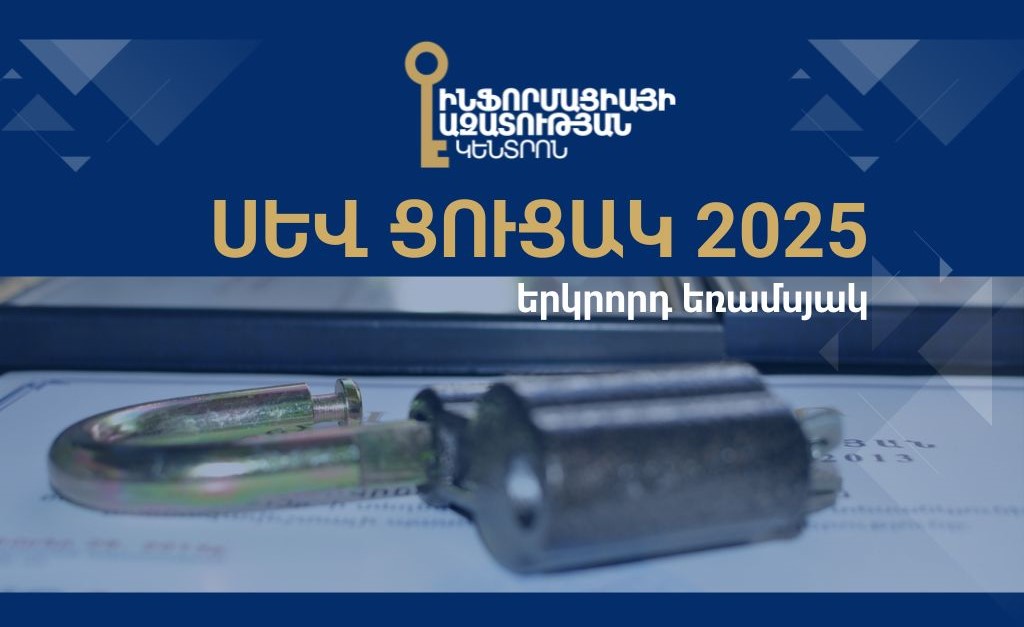
Every year in August the names of applicants having entered higher educational institutions are posted on the walls of universities. From the afternoon of 01 August the results of entrance exams were made public in the state higher educational institutions of the Republic. However there were applicants, particularly those of the Yerevan State Economic University, who were able to obtain information on whether or not they have entered the University only 3-4 days later. There was but one reason for this: the information was “stolen”. Among the readers of the lists there were applicants who, after not finding their names in the lists, took revenge by stealing these lists. This caused a big confusion. The interested persons were trying to learn from their friends-relatives (who, they thought, by some little chance might be having the needed information) if the name of their applicant was among those having entered the University. In this case the internet could have served as a very good source of providing information as currently a lot of people are using internet. And it takes only few minutes to download the lists on the internet. But the internet users were trying in vain to find information on the successful applicants in different websites. Only the following information is posted on the website of the Ministry of Education and Science concerning the above issue: “Among 13.500 applicants having applied to Universities per a centralized system, more than 12. 000 have become students. The thresholds of the scores necessary to pass competitions on various specialties are already known”. While the scores’ lists were made available, no lists with the names of successful applicants were published. We tried to find out from the Republican Entrance Exams Committee the reason for not posting the lists of successful applicants on internet. The REEC Press Secretary Lilit Galstyan mentioned that “in the previous years there have been discussions on publishing the lists with the names of successful applicants on the internet but there was a concern that this may cause some discontent among citizens because such information contains data about personal life”. And the discussion of this issue has been indefinitely postponed. A FOICA and National Assembly expert Marine Hakobyan, however, thinks that these lists may be published on internet, because “these are just lists containing only the persons’ names, family and father’s names. Whereas during elections, for instance, lists containing much more information on personal life, are published”. The President of the Freedom of Information Center Shushan Doydoyan thinks that since these lists are posted on the walls of higher educational institutions, i.e. they are being made public in some way, it means they can be published on other means as well, including on the internet”. Otherwise it appears that the information is published but it does not become available for public. “In the next 2010 year we plan to publish all information pertaining to entrance exams on the internet as well. Not only the names of successful applicants will be published on internet but also the results of unified exams”, the Minister of Education and Science Armen Ashotyan promised. It remains to be seen whether next year the applicants will be able to have access to afore-mentioned lists through contemporary means and not by standing in large crowds in front of universities, going through a hustle and bustle…For this, it is only necessary that the Ministry of Education and Science addresses the issue that has been left “for discussion during next years” and makes a decision to abandon traditional stereotypes of providing information and publishes information also on internet. The Minister has promised to address this issue. Since the lists can not be considered as documents containing a secret, they should be made easily accessible for public on other ways as well. The Minister of Education and Science Armen Ashotyan has personally promised this.











